

A Revolutionary Approach to Respiratory Support

Innovative respiratory support that's changing lives
Our devices are designed to work without electricity or mechanical components—just safe, sustainable, and smart design.
Ecopap enables spontaneous breathing while maintaining lung volume and PEEP without invasive mechanical ventilation.
Clinicians appreciate our easy-to-use tools, and patients enjoy quiet, comfortable therapy.
Eco-conscious by nature, our devices reduce energy consumption and plastic waste.
At Ecopap®, we believe in empowering life through breath. Our groundbreaking positive pressure devices deliver continuous airway support without mechanical ventilators or batteries. Designed for both infants and adults, our technology maintains positive end-expiratory pressure (PEEP) and promotes natural lung function, secretion clearance, and reduced breathing effort — all while remaining environmentally conscious and cost-efficient.

Explore our innovative respiratory support tools
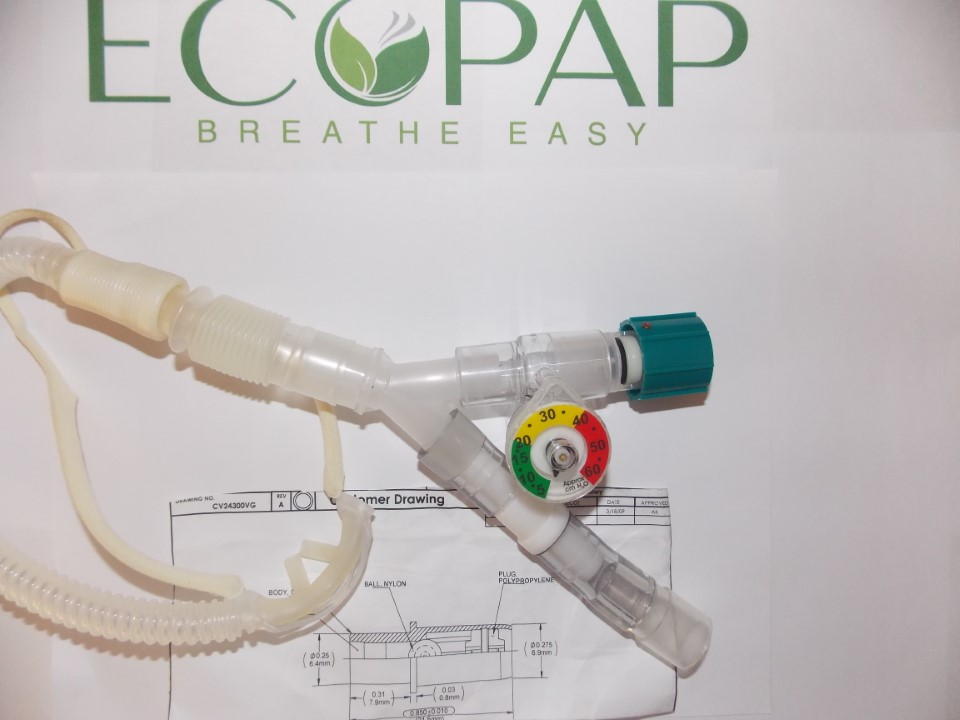
Delivers continuous airway pressure and supports spontaneous breathing.
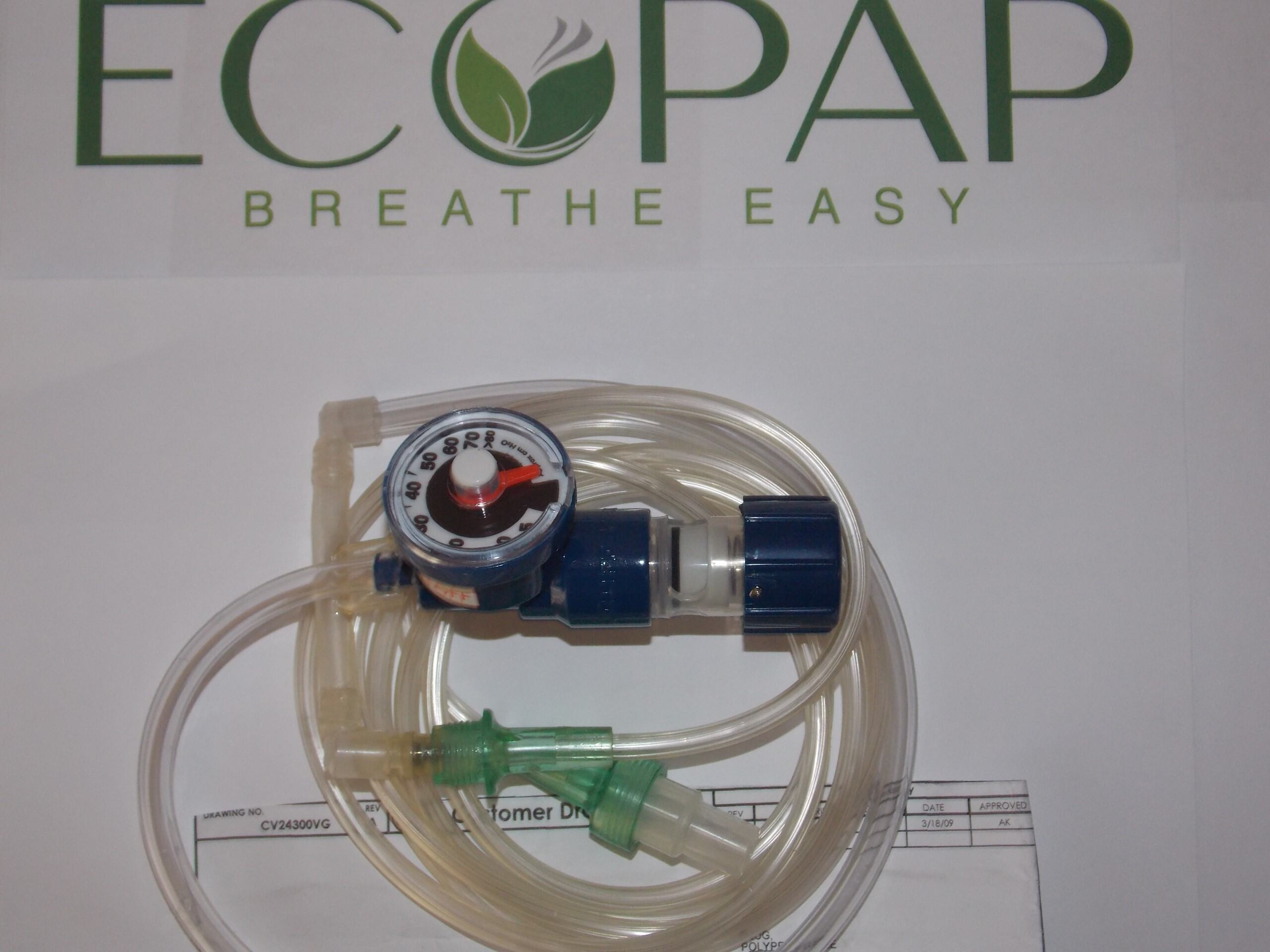
Gentle nasal CPAP support specifically designed for infants and neonates with delicate airways.
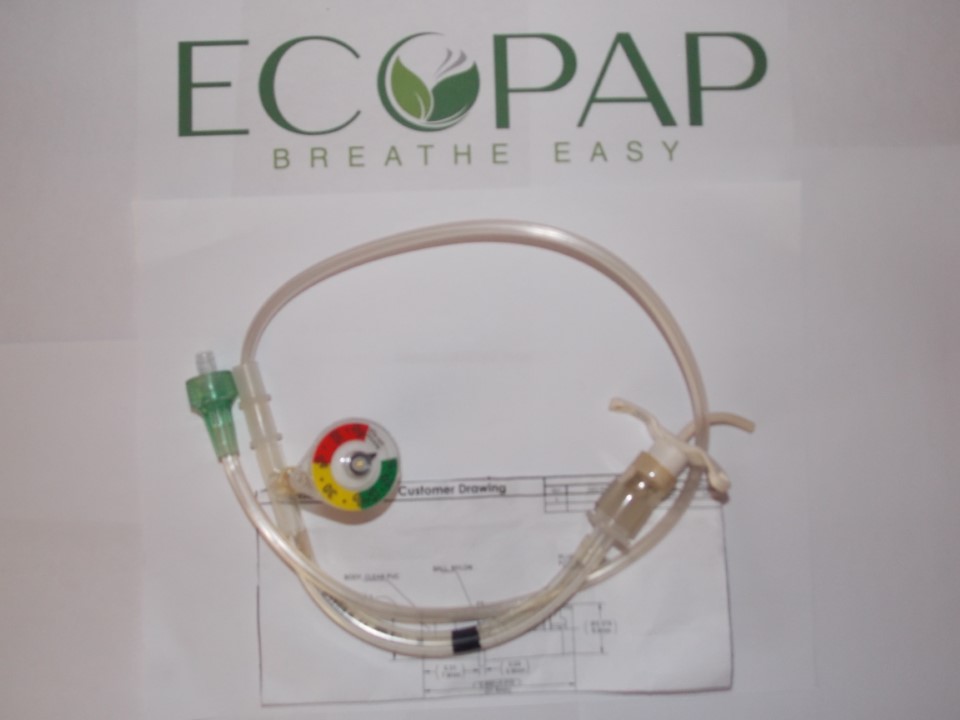
Designed for neonatal respiratory care without batteries or mechanical ventilators.
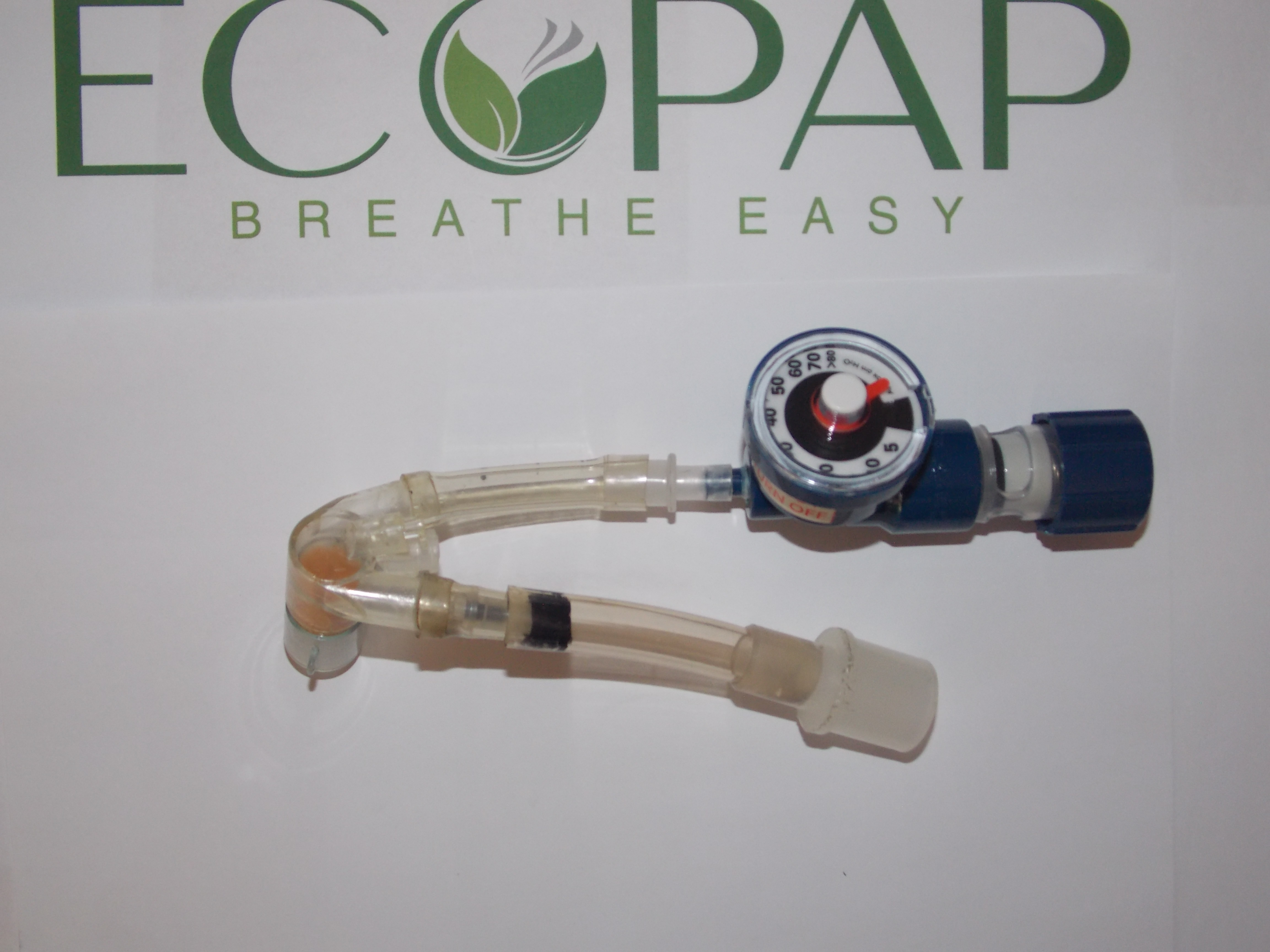
The Ecopap Infant Endotracheal Device provides precise airway management for neonates while reducing complications associated with traditional ventilation methods.
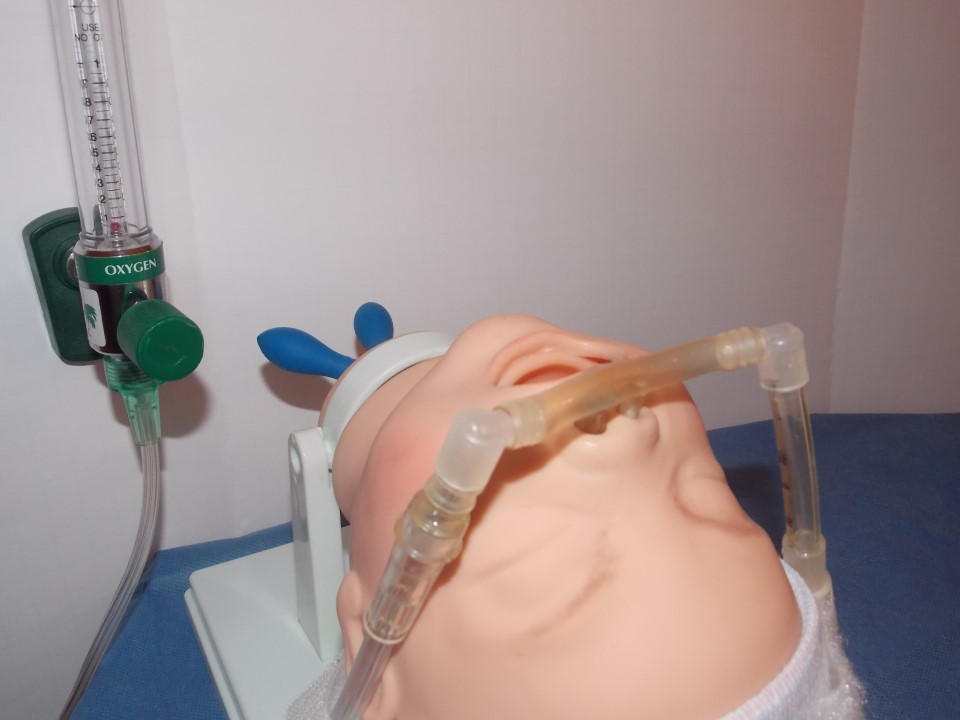
Enables alveolar expansion and effective gas exchange with minimal pressure variation.
Nasal Continuous Positive Airway Pressure Technology Explained
Watch how our innovative nCPAP (Nasal Continuous Positive Airway Pressure) devices work to provide natural, non-invasive respiratory support. This demonstration shows the gentle yet effective way Ecopap delivers continuous positive pressure through nasal prongs to maintain lung expansion and support spontaneous breathing in infants and neonates.
CPAP is a non-invasive form of respiratory assistance that has been used to support spontaneously breathing infants with lung disease for nearly 40 years. Following reports that mechanical ventilation contributes to pulmonary growth arrest and the development of chronic lung disease, there is a renewed interest in using CPAP as a prevailing method for supporting newborn infants.
Animal and human research has shown that CPAP is less injurious to the lungs than is mechanical ventilation. The major concepts that embrace lung protection during CPAP are the application of spontaneous breathing at a constant distending pressure and avoidance of intubation and positive pressure inflation.
A major topic for current research focuses on whether premature infants should be supported initially with CPAP following delivery or after the infant has been extubated following prophylactic surfactant administration. Clinical trials have shown that CPAP reduces the need for intubation, mechanical ventilation, and surfactant administration.
Nasal CPAP technology has evolved over the last 10 years and bench and clinical research has evaluated differences and physiologic effects related to those new devices. Ultimately, clinicians' ability to perceive changes in the pathophysiological conditions of infants receiving CPAP and the quality of care provided are likely to be the most influential factors in determining patient outcome.
From ideation to delivery, our process is patient-first
Identifying clinical gaps in respiratory support.
Creating sustainable and efficient medical devices.
Rigorous clinical and mechanical trials to ensure safety and efficacy.
Partnering with hospitals, clinics, and caregivers worldwide.
Innovation drives everything we do. Ecopap invests in extensive R&D to develop safer, more accessible respiratory solutions. Led by medical professionals and biomedical engineers, our team is actively engaged in designing eco-friendly technologies that redefine non-invasive ventilation standards.

Trusted by healthcare providers worldwide